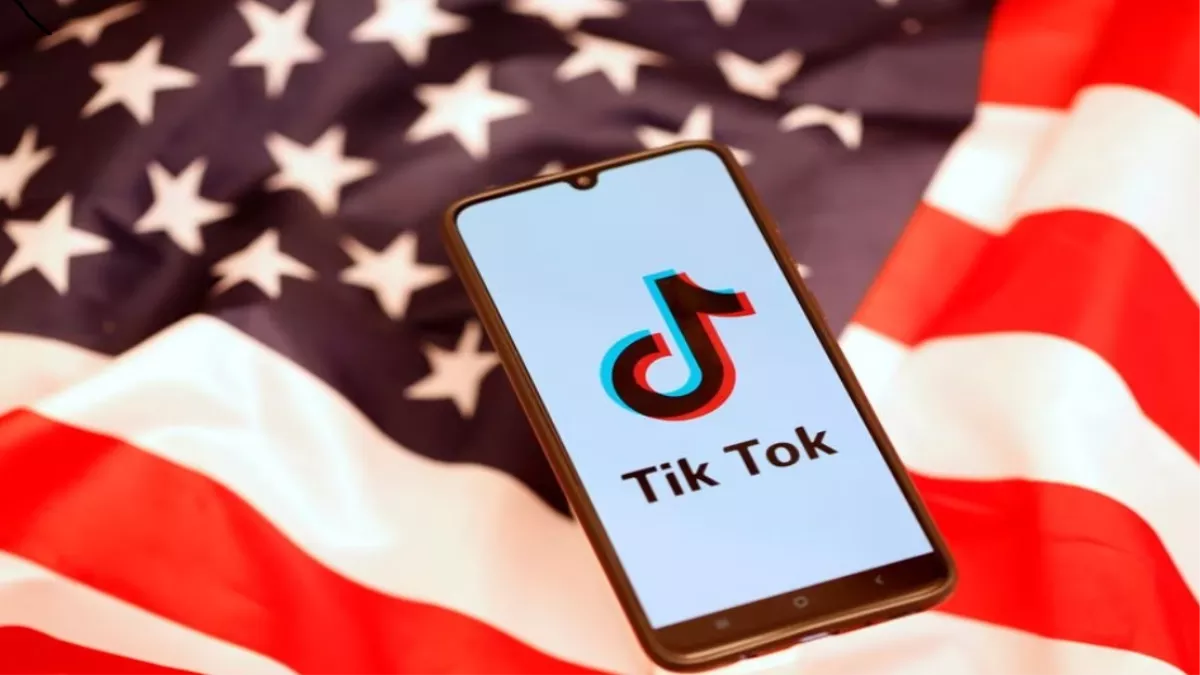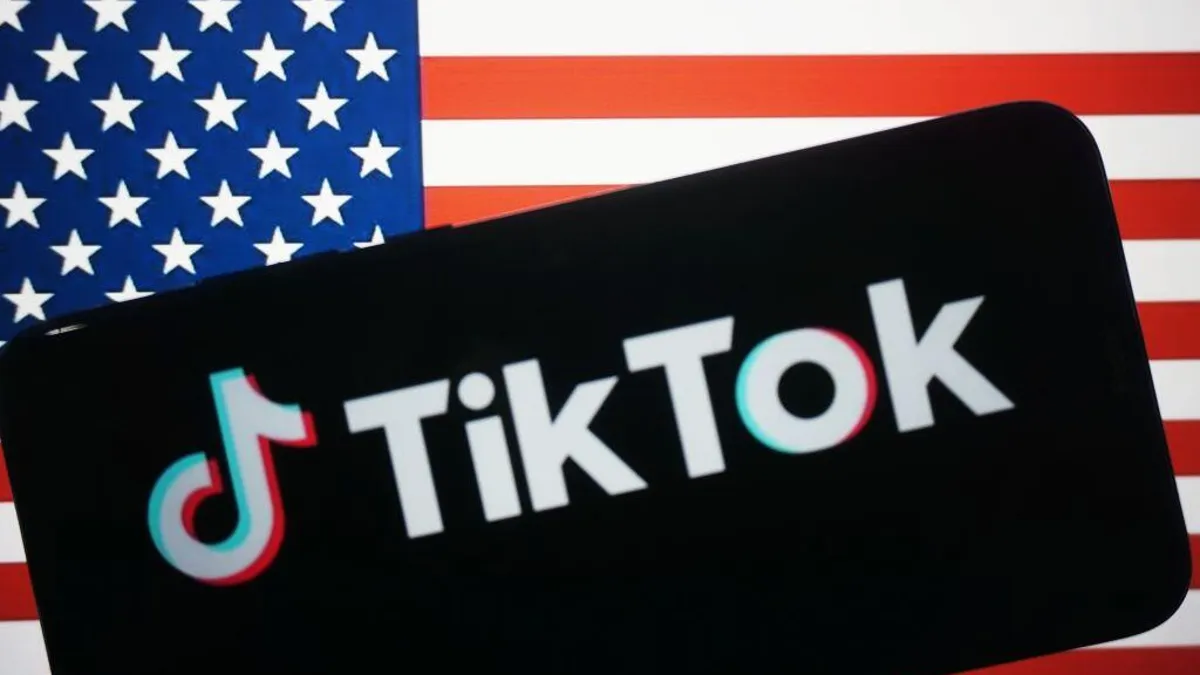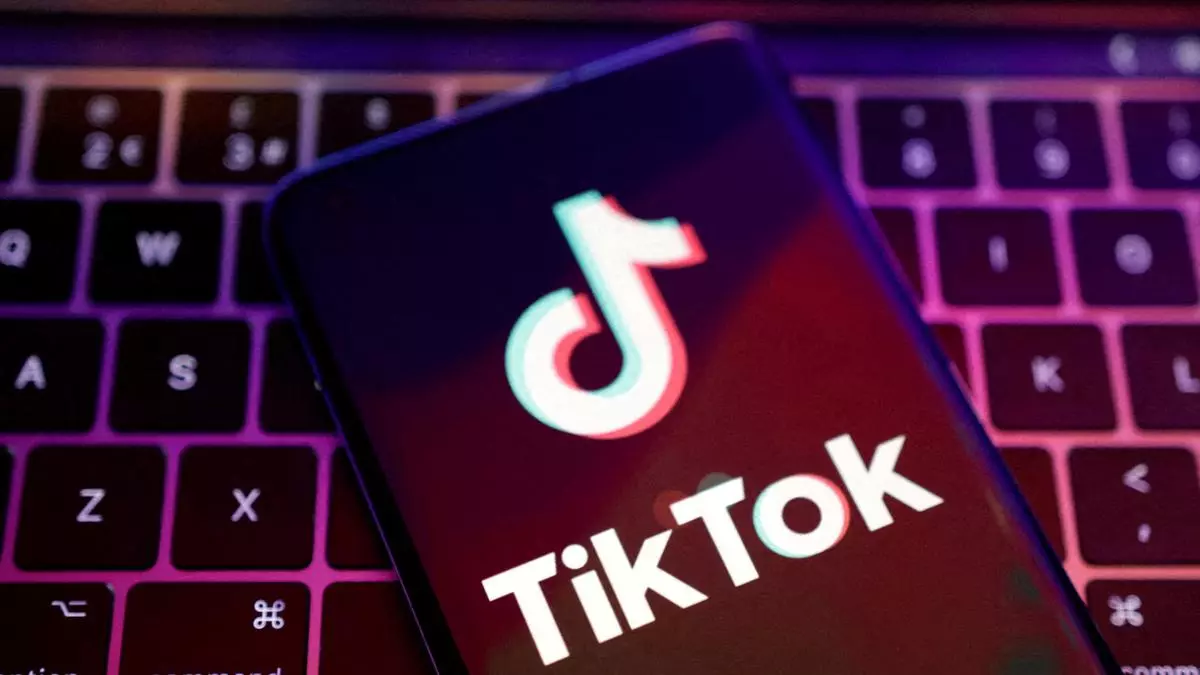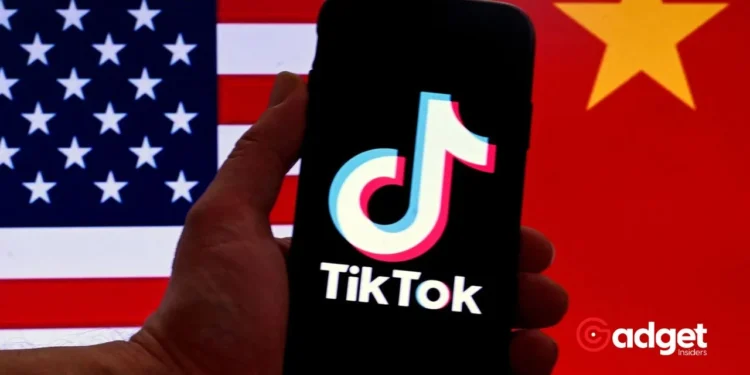In a surprising move that could reshape social media dynamics, the U.S. House of Representatives has passed a bill targeting TikTok, the globally popular video-sharing app. The legislation, approved on Saturday, requires the app’s Chinese-based parent company, ByteDance, to divest its interests in TikTok within one year or face a potential ban in the United States. However, despite the legislative push, industry experts suggest that TikTok’s vast popularity and ingrained presence among American users make an immediate ban highly unlikely.

The Implications of a Ban on TikTok
TikTok, known for its vibrant content and deeply engaged community, has become a staple in digital culture, particularly among younger demographics. The potential ban raises significant concerns about user data security, given the app’s connections to China, which have long been a point of contention among U.S. lawmakers. The bill reflects ongoing efforts to address these security issues without disrupting the digital ecosystem that millions of Americans rely on for entertainment, community, and even business.
BREAKING: The House just passed the bill to ban TikTok in the U.S.
It's likely to pass in the Senate since it's tied to more war funds for the U.S. proxy war in Ukraine and for Israel.
Why the pro-Israel lobby is pushing the ban:pic.twitter.com/pwg1s6e93g
— BreakThrough News (@BTnewsroom) April 20, 2024
The Broader Impact on Social Media and Technology Sectors
As the U.S. government scrutinizes TikTok, other technology giants are also feeling the ripple effects. The semiconductor industry, for instance, is experiencing a surge in sales, partly fueled by the growing demand for AI technology. Companies like TSMC have reported earnings that exceed Q2 sales expectations, thanks in part to their associations with major tech firms like Nvidia and Apple. This highlights a broader trend in the technology sector where advancements in AI are becoming a significant driver of business growth and innovation.

What Does This Mean for TikTok Users and Tech Enthusiasts?
For TikTok users, the news of a potential ban is met with mixed reactions. While some express concerns over privacy and data security, others are hopeful for a resolution that does not involve losing access to their beloved platform. Meanwhile, tech enthusiasts are closely watching how this situation might spur innovations within the social media space, potentially accelerating the development of new platforms or features that prioritize user security without compromising on functionality.

Conclusion: A Balancing Act Between Innovation and Security
As we look to the future, the situation with TikTok underscores a critical challenge at the intersection of technology, governance, and user privacy. While the legislative efforts to regulate TikTok are indicative of broader security concerns, they also offer an opportunity for the tech industry to evolve, ensuring that user engagement and data protection can coexist. Whether or not TikTok manages to navigate this complex landscape remains to be seen, but one thing is clear: the conversation around social media regulation and data security is far from over.










